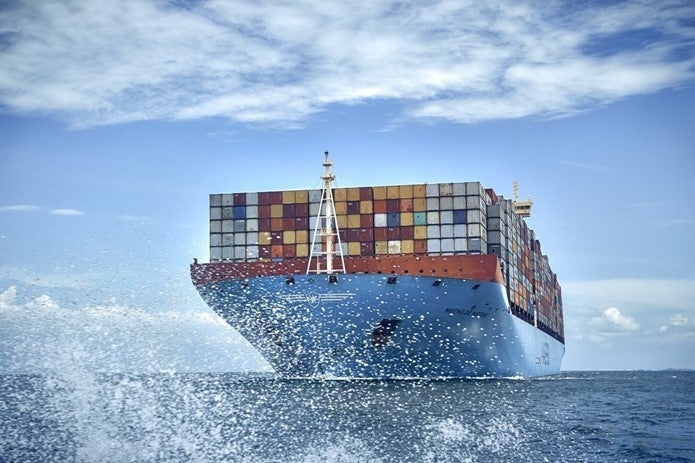
Volvo Cars said its switch to renewable fuels would achieve an immediate reduction in fossil CO2 emissions from intercontinental ocean freight by 55,000 tonnes over a year or at least 84%compared with fossil fuel.
The fuel used is Fatty Acid Methyl Esters (FAME) and is based on renewable and sustainable sources, mainly waste cooking oil. No feedstock related to palm oil or palm oil production is used.

Discover B2B Marketing That Performs
Combine business intelligence and editorial excellence to reach engaged professionals across 36 leading media platforms.
The automaker will use renewable fuel for inbound ocean container transports of production material destined for manufacturing plants based in Europe and the Americas, as well as all spare parts distribution made globally by ocean container transports.
“Renewable fuel is not the end game for removing CO2 from the world’s ocean freight needs,” said Javier Varela, chief operating officer and deputy CEO. “Yet this initiative shows that we can act now and implement solutions that achieve significant results during the wait for long term technological alternatives.”
The company worked with logistics suppliers Maersk, Kuehne+Nagel and DB Schenker which made the switch from 1 June 2023.
“When renewable fuel is not available on a specific shipment, our renewable fuel allocation is instead used by the logistics partner for another customer’s route elsewhere, so the overall cut in fossil fuel use is kept on par with actual use in container vessels,” Volvo said.




